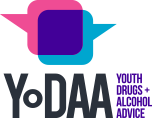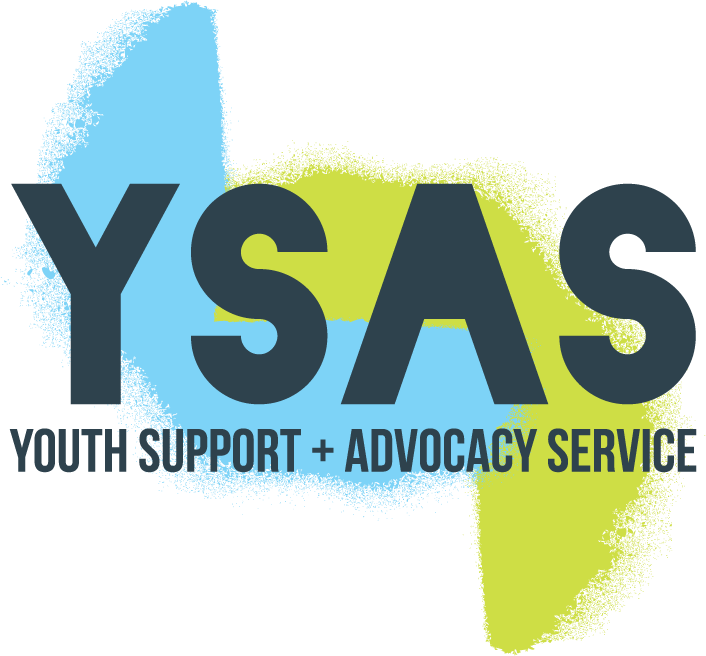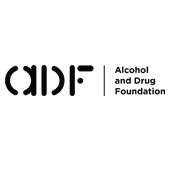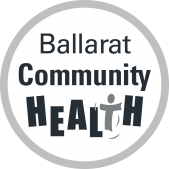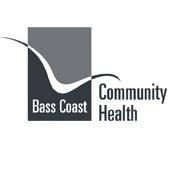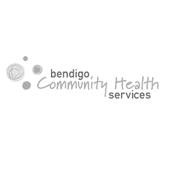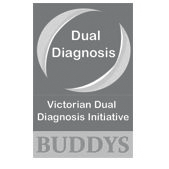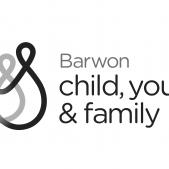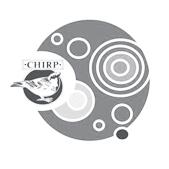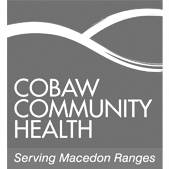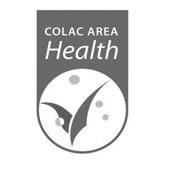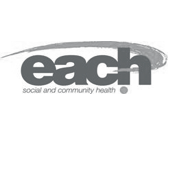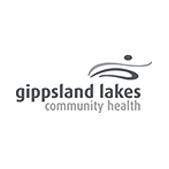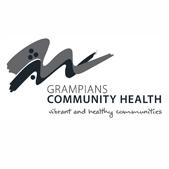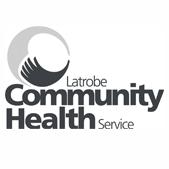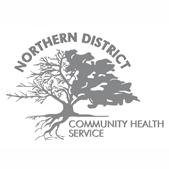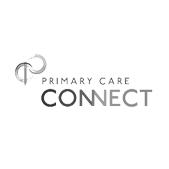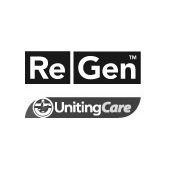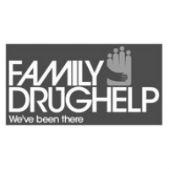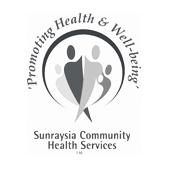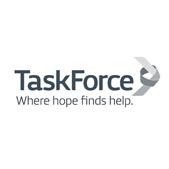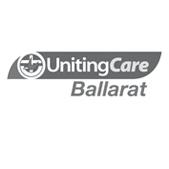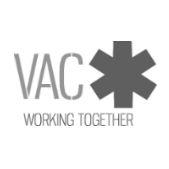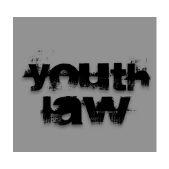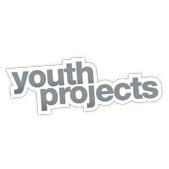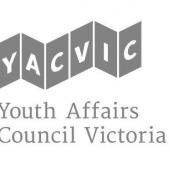Advice for Teachers
The roles of schools in helping YP with drug issues
As a teacher you can struggle to know how to help when a student is experiencing drug problems. It is likely you will want to help an individual as much as you can but you also have to think of the needs and rights of many students.
It can be tempting to think that making a referral to a specialist service means your job in supporting a student is done. Treatment and support services can make a huge difference for young people experiencing problems but did you know that schools themselves can sometimes be in the best position to help a young person with emerging drug problems?
You see, drug problems aren’t single disorders that reside within individuals and so treatment doesn’t necessarily involve getting the problem “fixed”. Instead, a young person’s drug and alcohol using behaviour is influenced by factors in many areas of their life.
Risk and protective factors for drug use that occur at an individual level, within peer groups, at a school and family level and even at a larger community level can all have a great impact on a young person’s substance use.
In fact, when it comes to substance use, factors associated with a young person’s experience of school such as their sense of belonging, sense of achievement (not just academic) and whether or not they go to school can be amongst the most important. Countless research shows that school disconnection, often beginning with suspension and expulsion is a common experience for many young people experiencing drug and alcohol problems.
As hard as it may be sometimes, finding a way to keep a young person engaged in school, keeping them connected to mainstream norms and values despite emerging problems can be one of the best forms of “treatment” they can get.
In addition, having at least one trusted adult outside of the family who shows concern and care for a young person is considered a protective factor against drug problems. For a vulnerable young person a teacher or concerned well-being coordinator can be that adult.
Want to know ways you can help, check out this framework for supporting students and YoDAA’s resources for helping young people.
